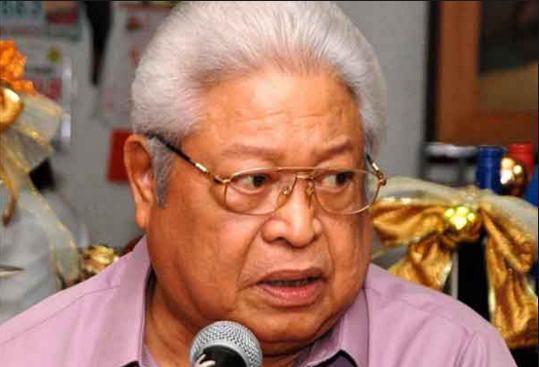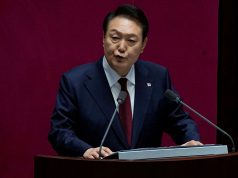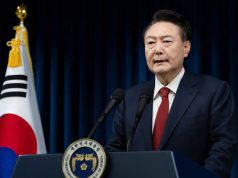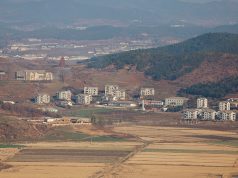MANILA, Philippines — An opposition lawmaker warned that extending martial law in Mindanao, as recommended by state security agencies, “is constitutionally infirm both as to grounds and duration.”
President Rodrigo Duterte originally declared Mindanao under martial law for 60 days on May 23, after what would eventually become five months of fighting between government forces and extremist gunmen broke out in Marawi City.
After the period lapsed with fighting still raging, Duterte sought and was granted Congress’ approval to extend martial law until the end of this year. Marawi was eventually retaken by the government in late October.
But the Philippine National Police has recommended a yearlong extension. The Armed Forces of the Philippines has also recommended an extension, although its spokesman, Brigadier General Restituto Padilla, could not say for how long.
Padilla did explain they needed the “cover of martial law” to address the continuing threats from survivors of the Marawi battle he said were recruiting new followers, the Bangsamoro Islamic Freedom Fighters, the Abu Sayyaf, and communist rebels with whom Duterte has broken off negotiations.
Martial law extension needed to address continuing armed threats – AFP
On Friday, Senate Minority Leader Franklin Drilon said extending martial law would be unconstitutional.
Albay Representative Edcel Lagman, who opposed the original martial law declaration, weighed in on Saturday, saying the 1987 Constitution explicitly authorizes martial law only in “case of invasion or rebellion, when the public safety requires it.”
With Marawi declared liberated by Duterte, “there is neither actual invasion or rebellion in Mindanao,” he said.
In fact, Lagman noted that both the PNP and AFP “admit only the existence of threats from remnants of terrorist groups who are reportedly recruiting fighters and regrouping to exact ‘vengeance’ against government forces,” which, he stressed, had been “obliterated by the 1987 Constitution as a ground for declaring martial law because it is contingent, nebulous and self-serving.”
Lagman said the yearlong extension proposed by security forces “constitutes ‘perpetuity,’ which defies the Constitution.”










